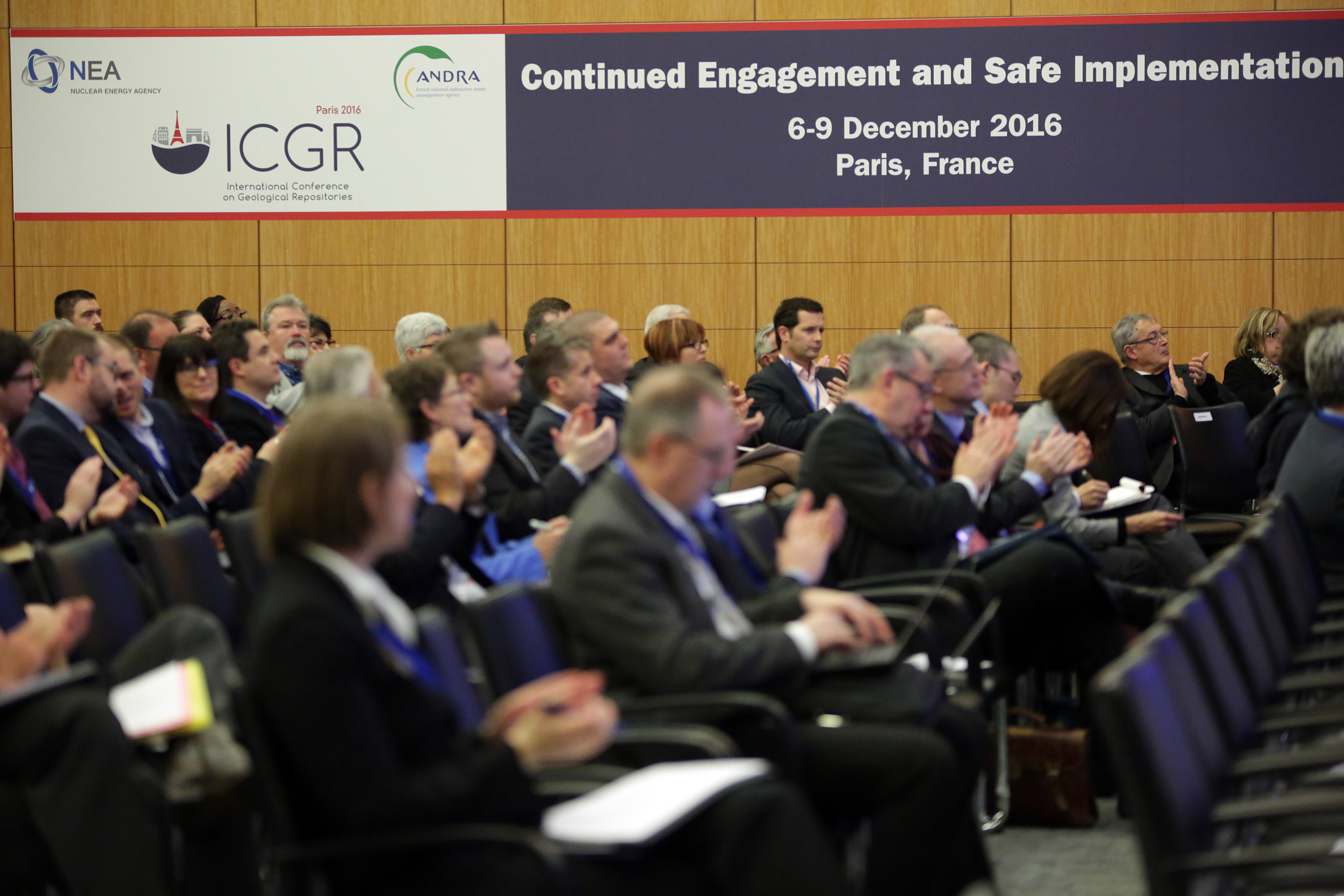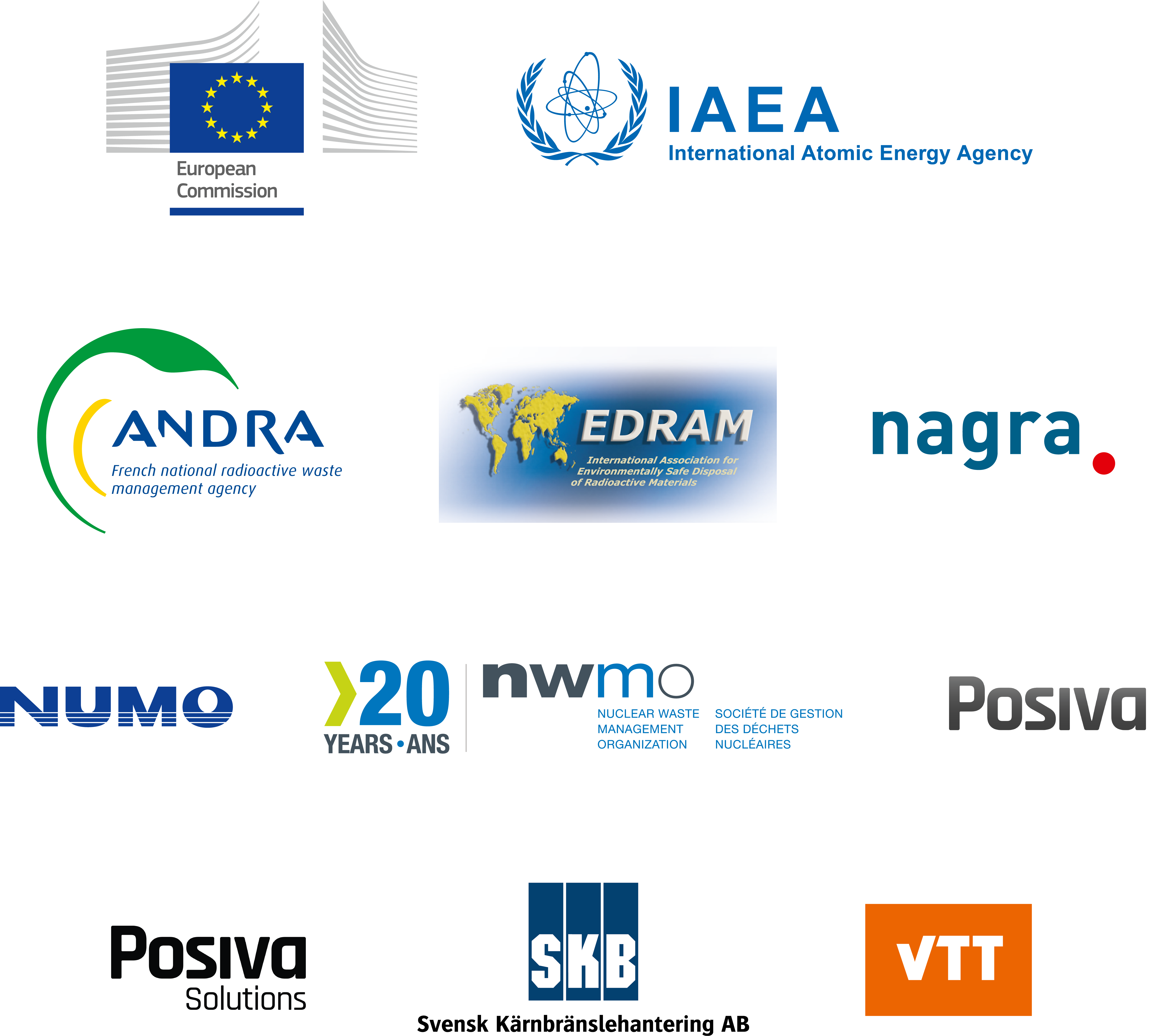70+
Speakers
200+
Participants

There is a consensus among international experts that geological repositories provide the necessary long-term safety and security to isolate long-lived nuclear waste from the human environment over extended timescales. It is also feasible to construct these repositories using current technologies. However, challenges remain in many countries to building these repositories, maintaining public confidence in them, and ensuring the availability of skilled staff and the transfer of information and expertise. The involvement of younger people is also often challenging, but crucial for the sustainable development of geological disposal. Building upon the success of previous conferences held in Denver (1999), Stockholm (2003), Berne (2007), Toronto (2012) and Paris (2016), ICGR-6 brings together high-level decision makers from government ministries, regulatory bodies, waste management organisations, research institutes and local stakeholders, as well as young professionals and students to the state of geological repository development. The 6th ICGR on advancing geological repositories from concept to operation is designed to show the significant progress in developing geological repositories in the last two decades by:
- Promoting the sharing of information and experience;
- Discussing best practices in demonstrating technical reliability;
- Sharing approaches in building human capacity and stakeholder confidence in the safe construction and operation of long-term geological repositories.
Objectives:
- To take stock of progress made since 2016 in developing and implementing geological repositories for long-lived radioactive waste, and to advance mutual learning through the international forum for the exchange of perspectives and experiences;
- To examine the latest issues and challenges encountered by various stakeholders at different developmental stages by sharing experiences among countries;
- To enhance international co-operation in transforming research into practical and reliable technologies for the long-term implementation of disposal facilities;
- To identify opportunities to strengthen co-operation in building and maintaining confidence in the geological repository life cycle;
- To improve involvement of the younger generation in the development and research of geological disposal.



